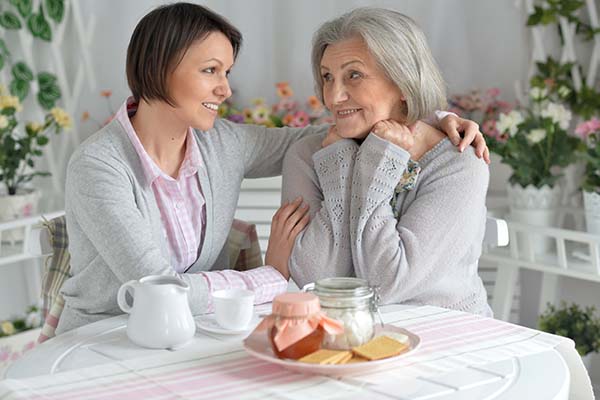Caring for loved ones is an important task, especially after all the world has been through the last year. It is now more important than ever to make sure to meet everyone's needs. When a loved one is aging, they can have all sorts of new conditions that need to be addressed. If you are a caregiver or even want to support your loved ones as they age, follow some helpful tips.
Assess Needs: In the last year, things have dramatically changed. How we live our lives, how we spend time with our family, how we care for those we love. It is essential to check in with our loved ones, especially those quarantined at home for their safety. Accompany your loved ones to doctors' appointments, see how they are doing at home, and ask them how they feel. Doing all of these things can help you to see where they are mentally and physically. After assessing what could be improved, you can open a discussion about what you both can do.
Open Up the Discussion: Sometimes, opening up discussions about essential decisions like safety, house alterations, or medical things can be challenging. Yet, these topics are significant when it comes to the safety and wellbeing of your aging loved ones. So, take things slowly, find a way to work important issues into your everyday conversations. That way, when bigger things come up, you at least have built a foundation of ideas and rapport. Talking more about what is going on can also help relieve some pent-up stress and make conversations easier as time goes on.

Help Out: Sometimes, aging family members are in need around the house. Whether it is installing new features or even helping the upkeep up errands, even doing little things here and there can make a difference in the life of a loved one. Providing eldercare doesn't necessarily mean everyday assistance, but what you can do to make their life a little easier and safer. From driving when needed or helping them pick out healthy foods, many little things add up to make a big difference. Read the unspoken context because sometimes loved ones will not ask for assistance. Be observant and take note of where you can best help out, as long as your loved one is comfortable with it.
Explore Options: Making long-term decisions can be challenging. When exploring options, it might be challenging to decide what is best for your loved one. If you are considering out-of-home care or caregiving, big decisions could even come down to mobility options available in the home. Choosing to help make intelligent adaptations to the home could make a difference. From grab bars to anti-slip mats, you can make their space safer and bring more peace of mind to you. Adding a stairlift to the home can also be a wise choice. There are options to fit specific needs and increase mobility around the house. Find out if a stairlift can help your loved one by reading up on the benefits and types available. A stairlift can make all the difference in making your loved one feel more independent, and you have better peace of mind as they travel the stairs.
Doing little bit by little bit can make a massive difference in the life of your loved one. It can be challenging to see impacts on a loved one's life because of aging or mobility loss but helping them where you can is a great way to improve their quality of life. Taking some of these tips from this guide can help point you in the right direction of the eldercare your loved one needs. If you have any questions about how a stairlift can help you provide the best care possible, contact us. Head to the Contact Us page, fill out our contact form, give us a call, or email us to find out the right stairlift for your loved one.

